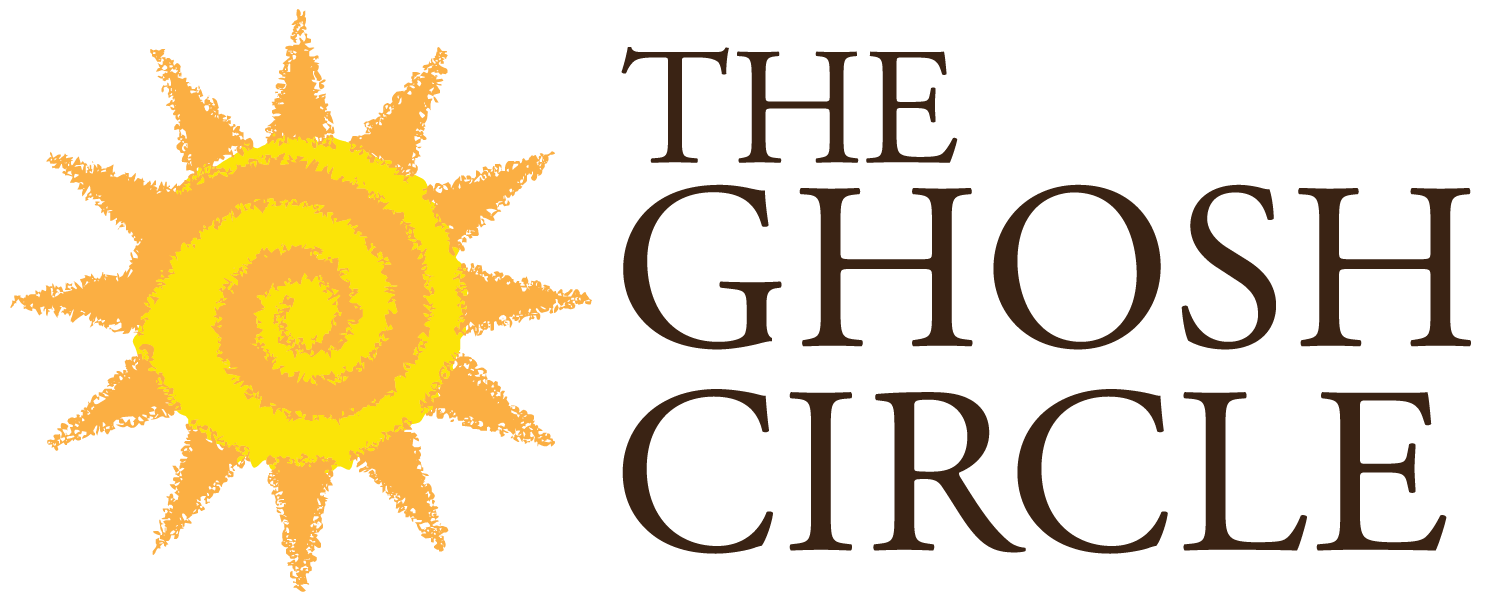Counting Your Spoons
Are you in the habit of counting your spoons? We’re not talking about taking stock of your silverware after the holidays. Counting spoons is a metaphor for calculating your energy, especially if you have cancer or another chronic illness. The concept comes from an essay called “The Spoon Theory,” written by Christine Miserandino.
Christine lives with lupus, a disease which causes the immune system to attack the body’s healthy cells. Her essay tells the story of a friend who asked her what it was like to live with lupus. The friend knew about all the doctor’s visits, medications and side effects, but she wanted to understand what it was like to live with chronic illness all day, every day.
Spoon Theory
In response, Christine gathered spoons from nearby tables in the café where they were dining. She handed her friend 12 spoons, which she used to symbolize units of energy. She asked her friend to describe her day, starting with simple tasks and activities. For each, the friend had to hand over a spoon.
The act of getting out of bed used up one spoon. Showering and dressing? Two more. She used up another spoon making breakfast.Before her friend even got out the door, she’d used up six spoons. When she asked Christine if she could have more spoons to make it through the day, the answer was no. People with serious illness have a limited amount of energy and wishing for more doesn’t make them magically appear.
The friend realized she’d have to ration her remaining spoons very carefully to get through the remainder of the day. If she were to have enough energy to eat dinner, she might have to buy something already prepared. She might not be able to clean up the kitchen. And she might need to go to bed early because she’d used up her reserves.
At the end of the conversation, the friend starting crying. But she had a new perspective into Christine’s world, an appreciation of the choices required each day and renewed empathy for her close friend.
Are You a Spoonie?
Christine Miserandino published her essay on her website: But You Don’t Look Sick. The response was overwhelming. People around the world shared spoon theory with their friends and family, using it as a simple, but effective way of visualizing life with chronic illness. Type “Are You a Spoonie?” into a search engine, and you’ll find hundreds of articles, quizzes and personal posts on the subject. There are spoonie t-shirts, coffee mugs, even tattoos.
Of course, spoon theory needs to be adapted for each individual. Not everyone gets 12 spoons a day. Sometimes you get two, sometimes none. A shower may take one spoon, or it may take four. Sometimes you have a surplus of spoons, but it’s no guarantee they’ll carry over to the next day.
Use the theory however it works for you. If it helps others understand your choices, terrific. If it helps you choose wisely, safeguard your strength and enjoy what matters most, that’s what really counts.

